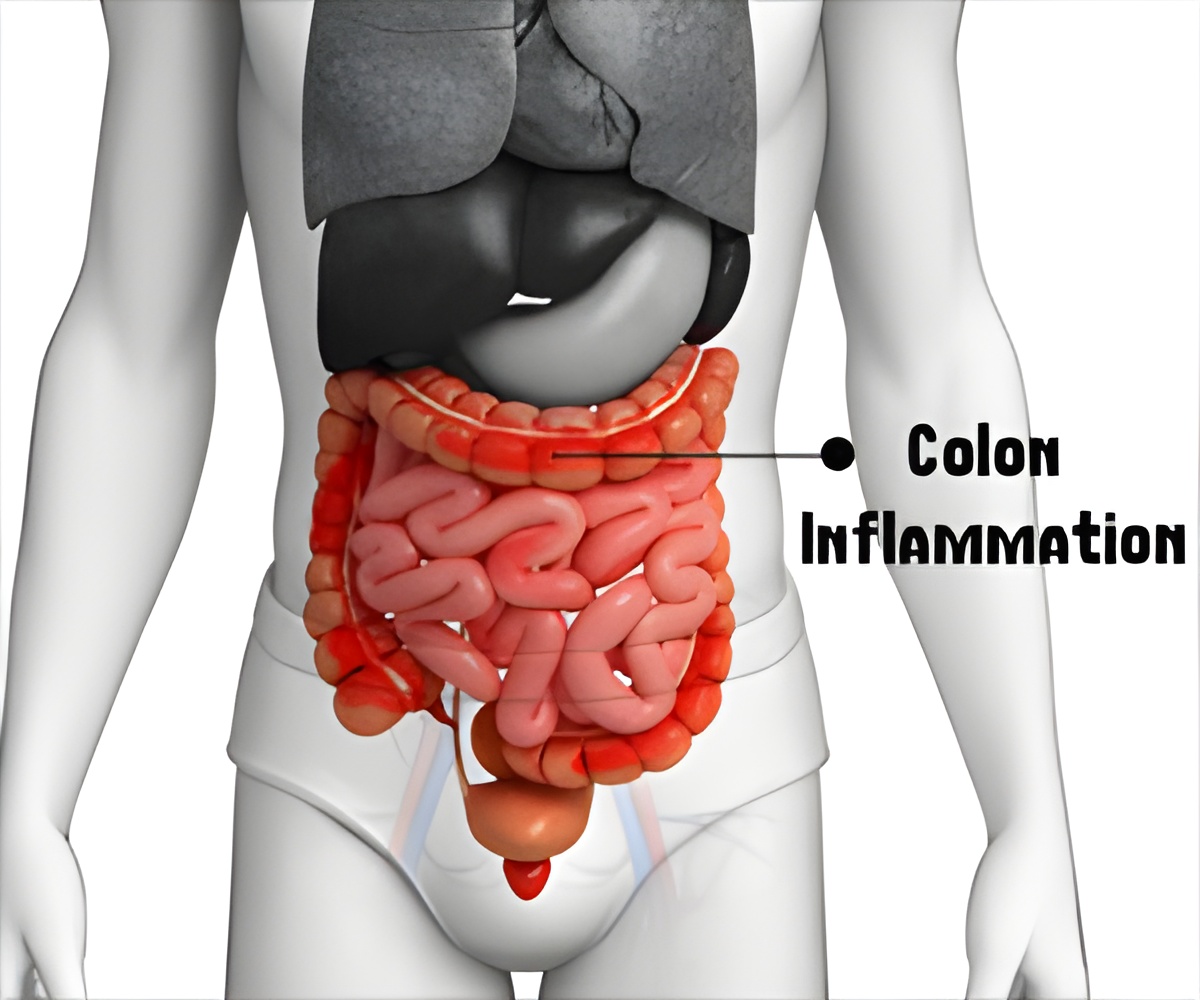The new guideline highlights dependable blood and stool tests for tracking inflammation, reducing necessary invasive endoscopies for Crohn's disease patients.

AGA Clinical Practice Guideline on the Role of Biomarkers for the Management of Crohn's Disease
Go to source). IBD is estimated to affect 2.74 million people in the U.S. The guideline was published in Gastroenterology.
Understanding Biomarkers: Evaluating Inflammation in IBD
Biomarkers are blood or stool tests that can give more information on an underlying disease process. In the context of IBD, biomarkers such as C-reactive protein (CRP) in blood and fecal calprotectin (FCP) in stool, can measure levels of inflammation. These levels can help doctors assess whether a patient’s Crohn’s disease is active or in remission.‘The AGA suggests incorporating biomarkers alongside colonoscopy and imaging studies for managing Crohn's disease. #ibd #crohndisease #digestivehealth #endoscopy’





“Patients’ symptoms do not always match endoscopic findings, so biomarkers are a useful tool to understand and monitor the status of inflammation and guide decision making in patients with Crohn’s disease,” says guideline author Siddarth Singh, MD, MS, University of California, San Diego. For patients in remission:
- Check CRP and FCP every six to 12 months.
- These tests work best if CRP and FCP levels have previously matched with disease activity seen on endoscopic assessment.
- Check CRP and FCP every two to four months for patients experiencing an increase in symptoms (diarrhea and abdominal pain) to guide treatment adjustments.
- Before making any major treatment plan changes, consider repeating endoscopic or radiologic assessments.
- FCP may be useful to monitor patients at low risk for disease recurrence.
- However, radiologic or endoscopic assessment should be performed when a post-operative recurrence is suspected rather than relying on biomarkers.
This is a win for Crohn’s disease patients. Biomarkers are usually easier to obtain, less invasive, more cost-effective than frequent colonoscopies and can be assessed more frequently for tighter disease control and better long-term outcomes in Crohn’s disease.
Reference:
- AGA Clinical Practice Guideline on the Role of Biomarkers for the Management of Crohn’s Disease - (https://www.gastrojournal.org/article/S0016-5085(23)05064-3/fulltext)
Source-Eurekalert










